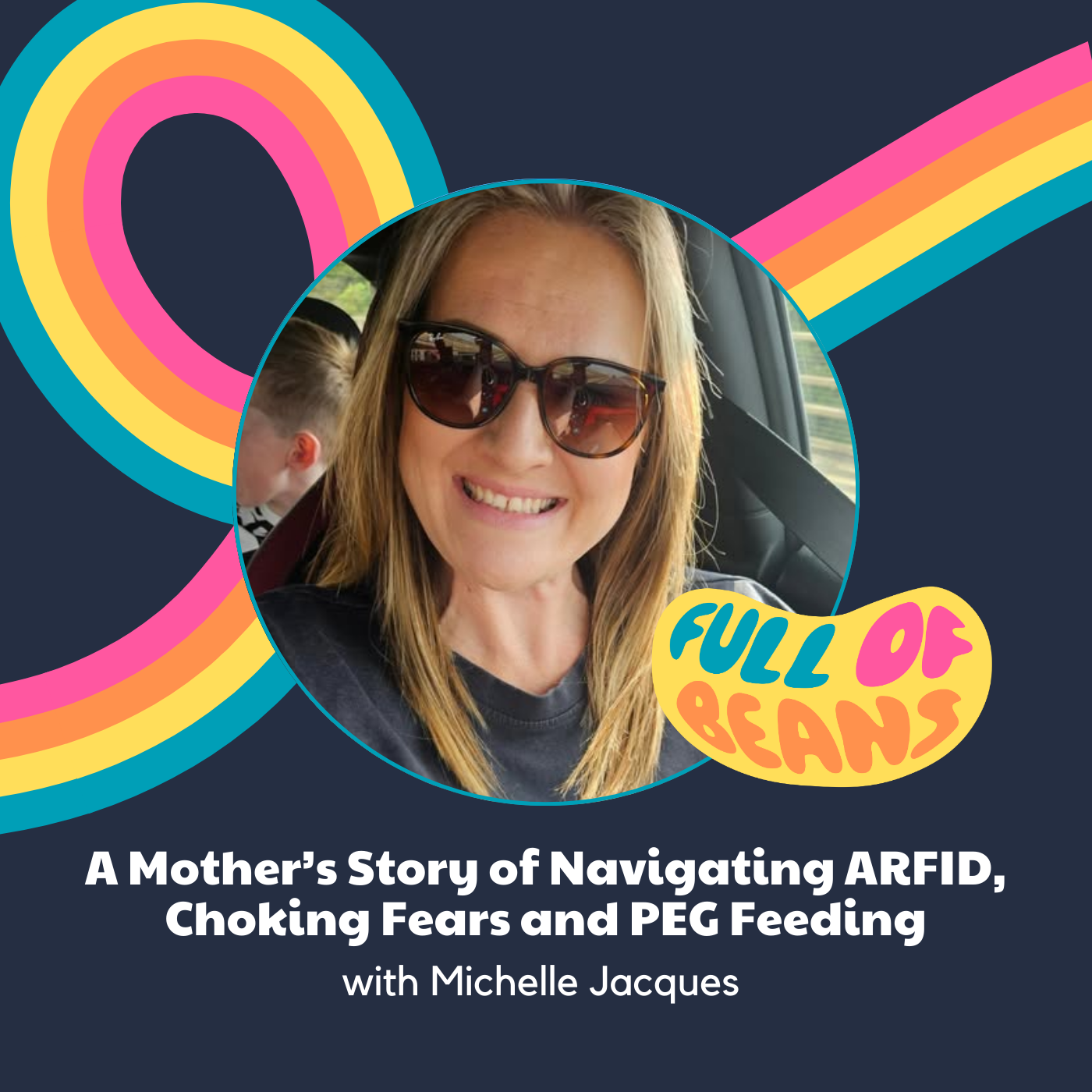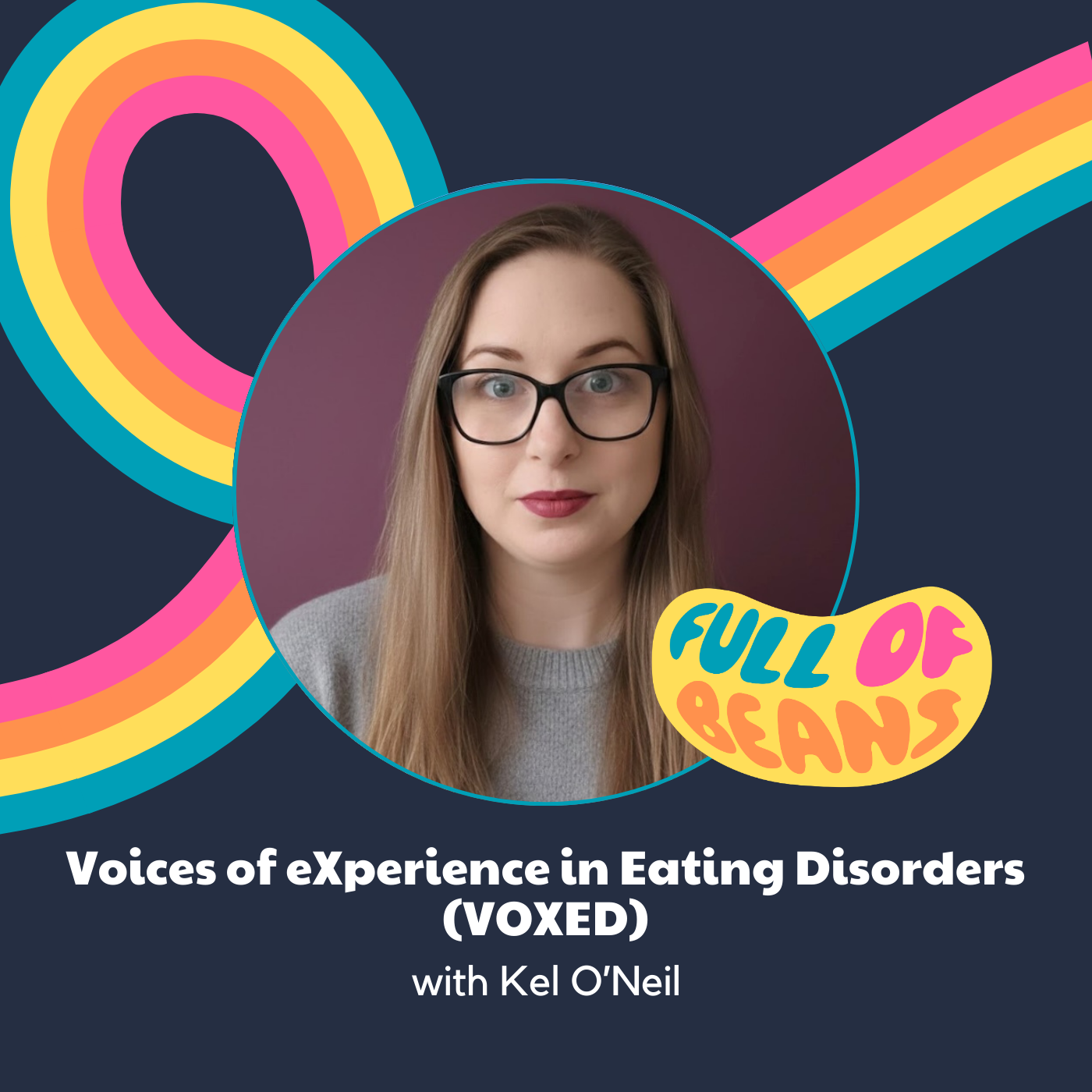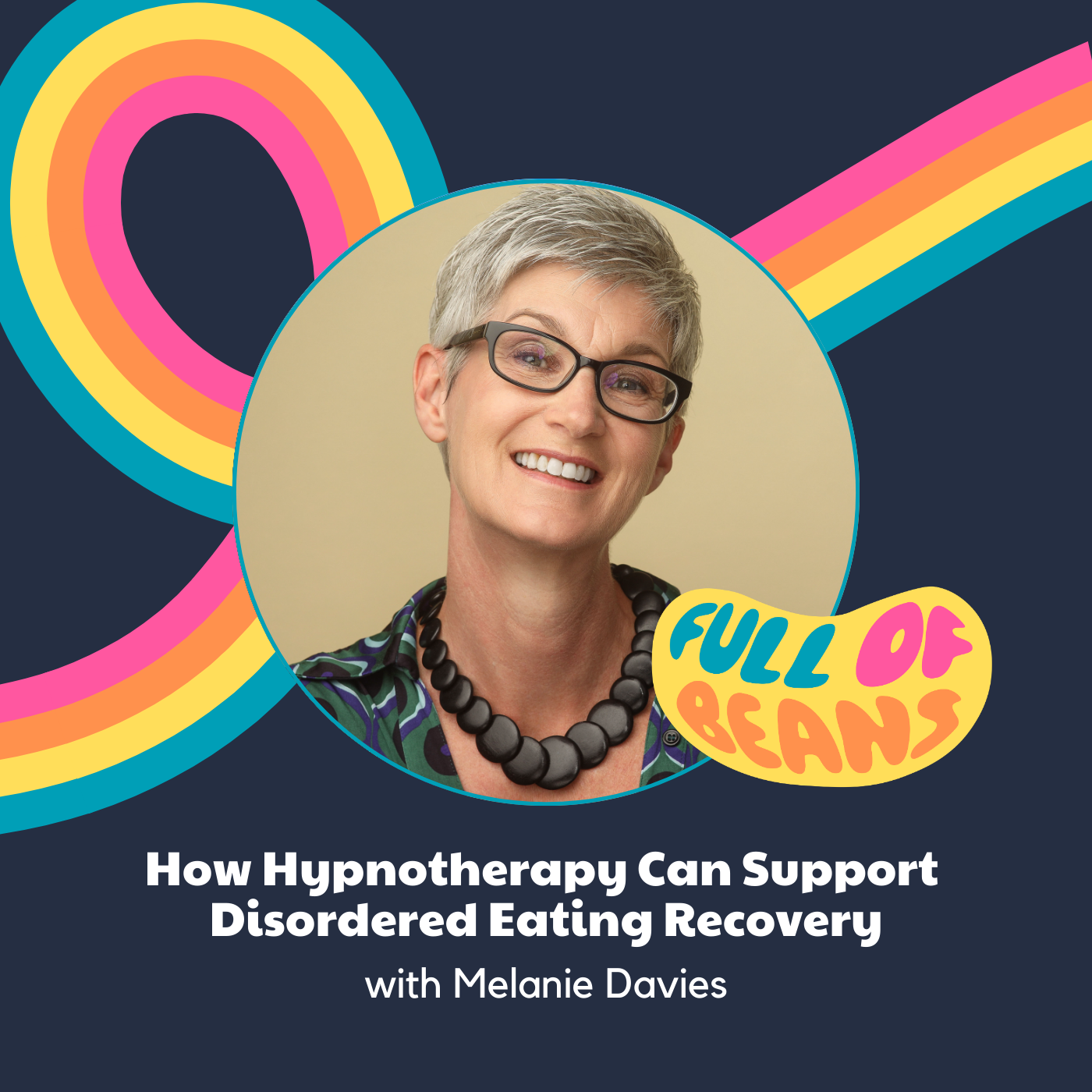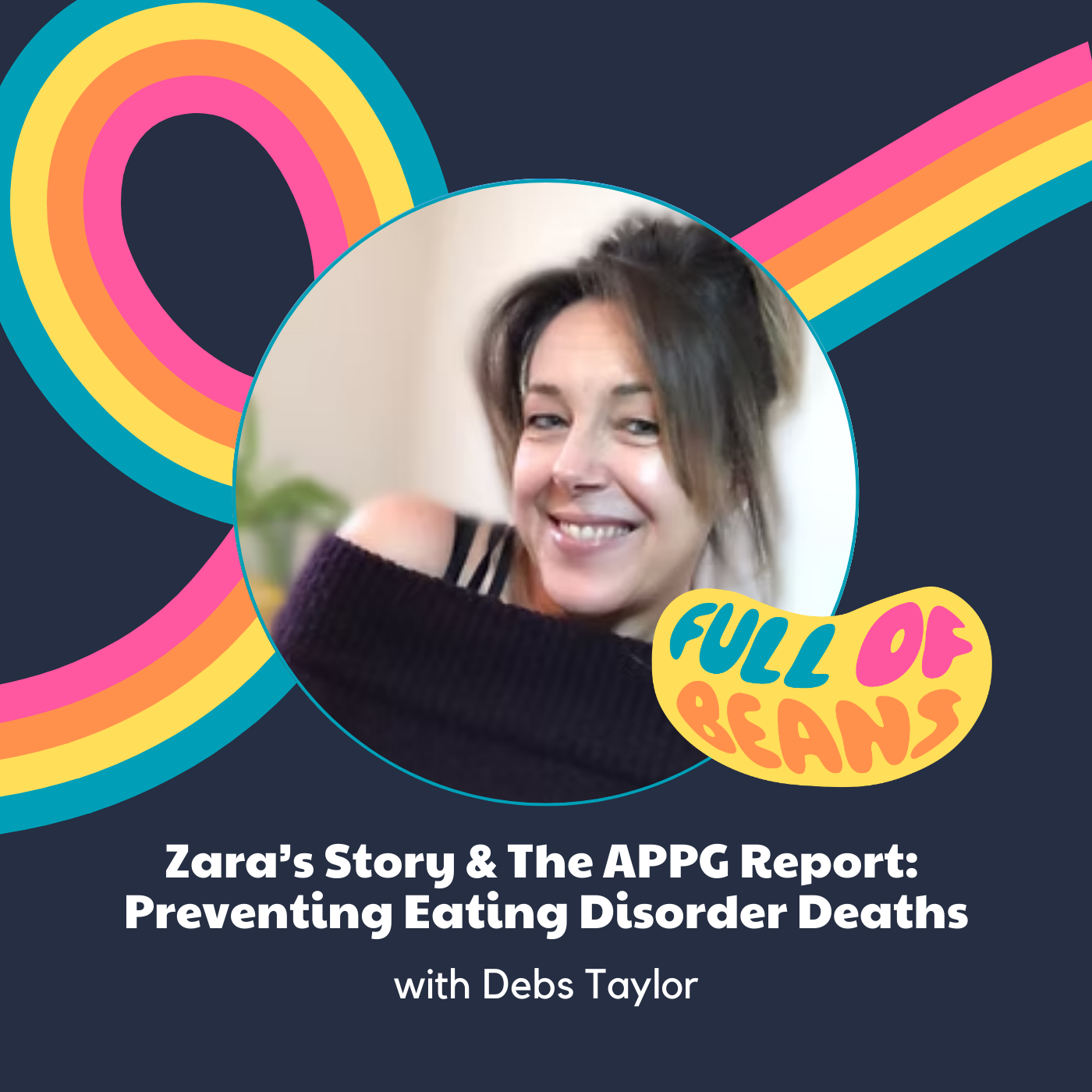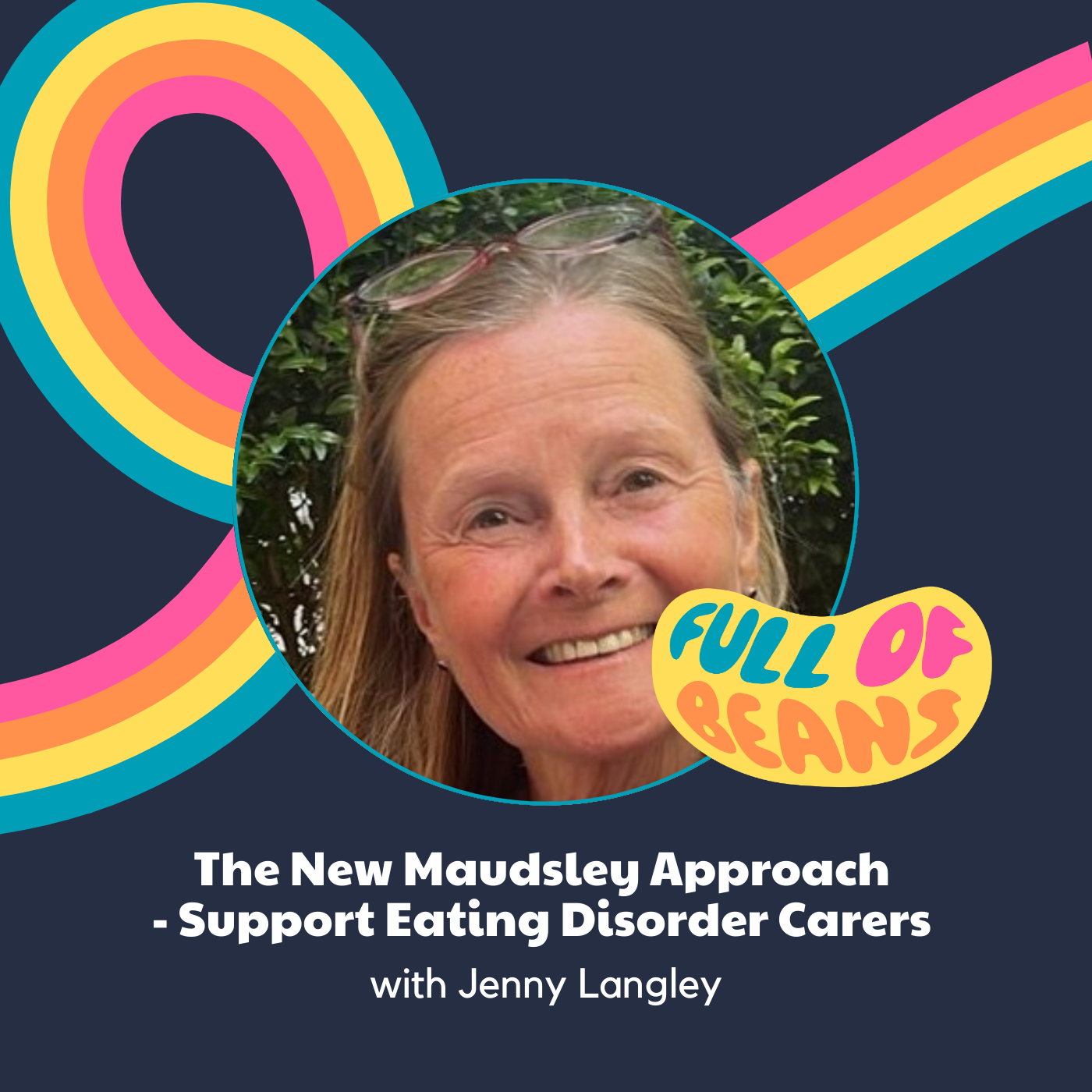An Integrative Approach to Treating Eating Disorders with Bethany Crowley
In this week's podcast, Han is joined by Bethany C. Crowley, MFT, CEDS, BCN. Bethany is the founder and clinical director at The Journey Therapy in Kailua, Hawaii, where she leads a compassionate team dedicated to helping those struggling with eating disorders. With over 25 years of experience, Bethany has guided hundreds to lasting recovery through her unique integrative approach, teaching essential skills to conquer disordered eating and handle life’s challenges. As a certified eating disorder specialist, EMDR practitioner, and biofeedback expert, she’s not only a therapist but also a mentor, offering online training and supervision to fellow professionals. When she's not supporting individuals in recovering from an eating disorder, Bethany enjoys the island life in Kailua with her family and three dogs.
This week, we discuss:
- Bethany's journey into working with eating disorder patients.
- An overview of Bethany's book, An Integrative Approach to Treating Eating Disorders, and where her inspiration came from.
- The importance of understanding that eating disorders are more than food and body issues, and why learning about yourself is key to recovery.
- Together, we then explore the 9 foundational skills for eating disorder recovery, as discussed in Bethany's book:
- Establishing a Mind-Body Connection
- Uncovering the Meaning Behind Food and Eating
- Quieting Negative Thoughts
- Practising Self-Compassion, Self-Acceptance
- Exploring Body Neutrality and Acceptance
- Understanding Myself in Relation to Others
- Coping with Emotional Triggers and Building Resilience
- Using My Authentic Voice
- Changing My Story
To find out more about Bethany, you can check out her website. You can also purchase her book, An Integrative Approach to Treating Eating Disorders, by following this link.
Please note that this podcast explores topics that some individuals may find difficult to hear and should not be used as a replacement for professional advice. If you need further support after this podcast, please consider talking to someone that you trust. You may also wish to reach out to your GP or mental health professional.
We've included a list of additional support options in case you need them:
Samaritans are here for whatever you are going through. You can call free any time, from any phone, on 116 123.
FirstSteps Eating Disorders is an eating disorders charity for children and their families, young people, and adults affected by eating difficulties and disorders. You can call them on or email info@firststepsed.co.uk.
Beat Eating Disorders is an eating disorder charity offering support for those with or supporting someone with an eating disorder. You can call their helpline for free on 0808 801 0677 (England), 0808 801 0432 (Scotland), 0808 801 0433 (Wales), 0808 801 0434 (Northern Ireland).

